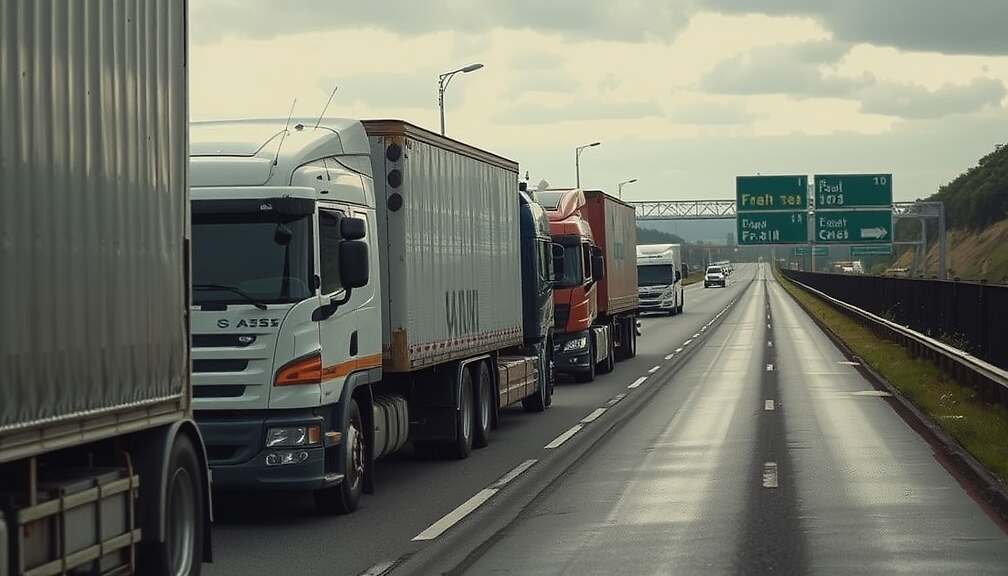A critical shortage of truck parking spaces along Germany’s autobahn network continues to pose a significant safety and logistical challenge, according to a new assessment released Tuesday by the ADAC, Europe’s largest automobile club. The study, conducted at 100 rest stops and representing a follow-up to a similar investigation three years prior, reveals a situation that has largely stagnated – and in some areas, worsened.
The findings highlight a pervasive disregard for parking regulations, with trucks frequently observed parked in precarious locations posing serious risks. Nearly half of the surveyed sites saw trucks occupying highly dangerous zones, including entrance and exit ramps and the shoulder of the road. Alarmingly, 85 of the 100 tested facilities featured trucks parked in areas explicitly designated as no-parking zones, or on unauthorized surfaces, frequently encroaching on spaces intended for passenger vehicles. Illicit parking outside marked areas was deemed a near-universal occurrence.
The ADAC’s testing, conducted at 10pm, 11pm and midnight, consistently exposed severe overcrowding. Most rest stops were at full capacity by 10pm, with parking pressures intensifying throughout the night. The Raststätte Kassel Ost Lohfelden emerged as a particularly acute hotspot, recording up to 138 parking violations. Concerns were also raised concerning the conditions at Raststätten Lichtendorf Nord and Tecklenburger Land West. Only two locations, Plater Berge West and one other, demonstrated adherence to regulations and orderly parking arrangements.
The ADAC attributes this escalating crisis to systemic deficiencies, principally the estimated 20,000 truck parking spaces currently lacking along the autobahn. While the addition of approximately 4,500 spaces between 2018 and 2023 provided some alleviation, the sheer volume of trucks seeking rest halts has outstripped these improvements. This situation raises questions about the adequacy of current infrastructure planning and the government’s responsiveness to the evolving needs of the logistics sector.
The ADAC is now urging policymakers to drastically accelerate truck parking space development and prioritize efficient utilization of existing areas. Simultaneously, the organization is calling on private sector companies to contribute to a solution by establishing dedicated, company-managed truck parking facilities. The persistent issue underscores the need for a comprehensive, multi-faceted approach to address the shortfall, lest the dangerous and unsustainable parking practices continue to compromise road safety and disrupt the flow of goods across Germany.












